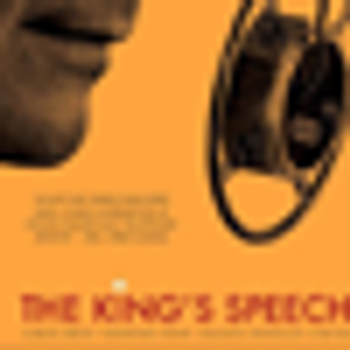
The grief that the Shoah brought to its victims would make its reappearance even at happy times long afterwards.

The grief that the Shoah brought to its victims would make its reappearance even at happy times long afterwards.

Dr Angell and others may be right to claim that we should be concerned about the current practice of psychiatry. But the simple fact that mental illnesses seem to be common is not one of them.

Sexual identity development is a complex, multidimensional, and often fluid process. One must consider cognitive, social, emotional, cultural, and familial complexities among other aspects of the individual’s experience to contextualize a narrative concerning sexual identity development.

In psychiatry, it seems like our traditions are often ignored or discarded as being outdated. Do we not have some time-tested literature that is still relevant to our psychiatric times?

Although memoirs have become all the rage, they are rarely written by anyone in the field of psychiatry . . . and for good reason.

The report notes that pain is a significant public health problem that affects more than 100 million Americans, costs our society at least $560 to $659 billion annually, and can be severely detrimental to the lives of sufferers.

Diminishing libido is a symptom of depression, but antidepressants do not always restore sexual interest. Loss of desire may be the cause of depression, not its consequence. Dr Levine explains the nature of sexual desire and its relationship to arousal including the various biogenic, psychogenic, interpersonal, and cultural factors that contribute to problems associated with sexual desire.

Until recently, most people believed that hoarders were eccentric people who died surrounded by a lifetime collection of stuff. Hoarding in families was cloistered in a vault of family secrets or passed off as an individual peculiarity.

Gabe was in prison for killing a prostitute. During a bout of hyper-sexuality, intoxication, and paranoia, he believed the prostitute intended to rob him.

Depression, PTSD, panic disorder, and abuse of alcohol and drugs are more insidious, quieter forms of illness that can cause the same desperation and disability as psychotic disorders.

Attempting to write an article about 9/11 is fraught with peril from the outset. What can be said that is not repetitious? Then there is the ever present risk of offending those whose lives were forever changed in an overawing, tragic manner.

The suicide rate in the US military has steadily climbed over the past 5 to 7 years despite aggressive efforts by the military and the mental health community to counter this trend.

Although the foundational and antifoundational traditions differ in their language and claims, both call into question the legitimacy of psychiatric diagnosis and treatment.

Here’s why it is painful to see a man cry: he's not supposed to. Emotions are arresting when society tells us they should not be expressed. In the case of a grown man crying, there are some thousands of years of cultural training laying down the prohibitive regulations.

In the sixth edition of his famous 2-volume textbook Psychiatrie, which appeared in 1899, Emil Kraepelin introduced the by now well-known distinction between dementia praecox (soon to be called schizophrenia) and manic-depressive illness.

The goal of the survey was to go beyond ethical lessons, useful as these may be, and to learn how Psychiatric Times’ readers-who are on the front line of psychiatric practice-handle a series of hypothetical ethical scenarios.

Attention Deficit Disorder is now two or three times more common than it was just twenty years ago. A recent study reported that a whopping 10% of kids in the general population would qualify for the diagnosis. There has also been an incredible explosion in the use of medication in treating it.

If Blake were alive today, maybe he’d start one of his famous stanzas with something like, “To see meaning in a 15-minute med check…” If not, I will. Here’s how I’ve come to justify this.

The current situation in Japan has been called the worst crisis in the country since World War II. Relief effort organizations are urged to take hikikomori seriously when planning strategies to help the victims of the recent disasters in Japan.

Excellence in psychopharmacology demands sensitivity to the associated ethical considerations. The key considerations of psychiatry are both complex and dynamic, and psychiatrists who develop and refine their ethics skill set will be in a better position to anticipate and respond to ethical dilemmas as they arise in their practice.

The specific cause of Capgras syndrome has been hypothesized from neuropsychological and psychodynamic views.

As experts in neurobiology, we can conduct and critically evaluate research to identify the short- and long-term risks and benefits of neuroenhancers for patients without recognized clinical indications.

Addressing a few subjects that may have the potential to create a more insidious and enduring form of misrepresentation ... namely, the implications that psychiatrists must now “play the game,” and resign themselves to a bleak future of harried pill dispensing.

In this blog, Annemone Ligensa reviews The King's Speech from a psychological and historical perspecive.

A well-written volume that provides evidence for the wisdom behind treatment of the family and/or involvement of the family when treating the patient.